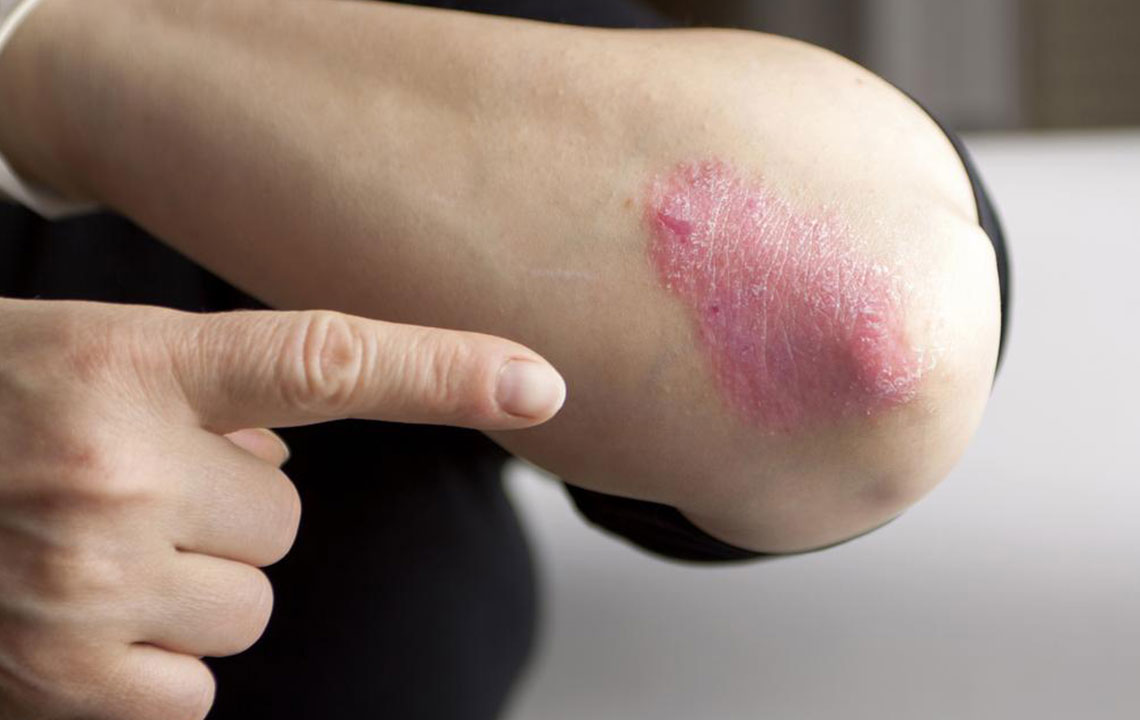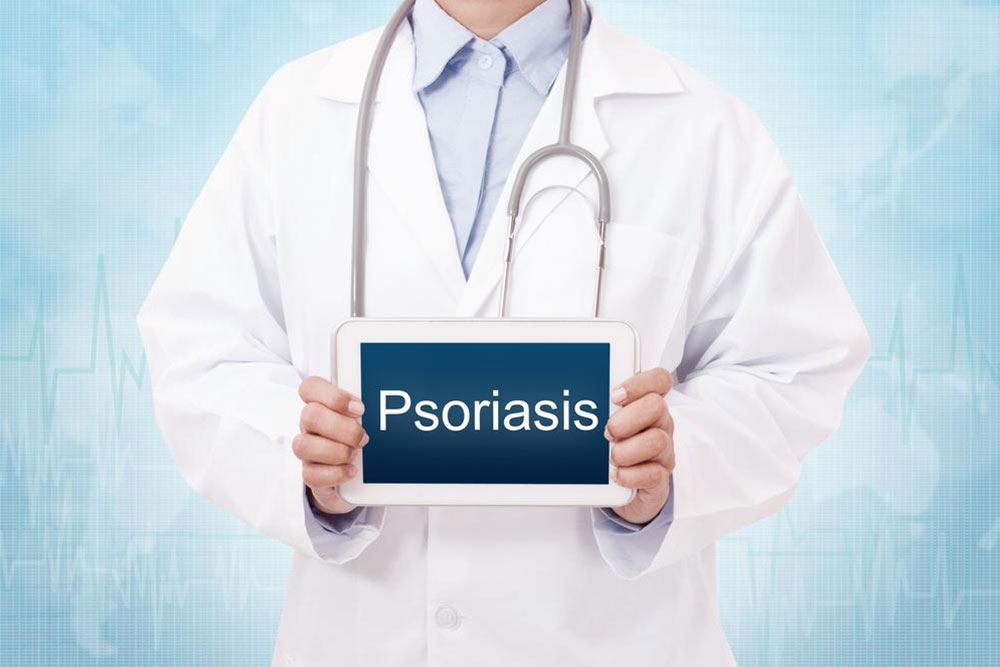Comprehensive Approaches to Managing Moderate and Severe Plaque Psoriasis
Effective management of moderate to severe plaque psoriasis involves a combination of topical, systemic, and biologic therapies tailored to individual severity. Treatments can be costly and complex, often requiring specialized dermatologists and long-term care. Maintaining psychological well-being is essential for treatment success, and patients should seek professional medical advice for personalized care. The article highlights treatment options, challenges, and the importance of early disease management to improve quality of life.

Managing Moderate to Severe Plaque Psoriasis
The impact of plaque psoriasis severity can greatly disrupt daily life. Effective treatment plans for moderate to severe cases encompass both physical and psychological strategies to promote healing and restore quality of life. While mild psoriasis often responds well to topical treatments, more advanced stages may require tailored approaches based on severity. It’s important to remember that psoriasis is non-contagious, and affected individuals should not face discrimination.
For acute severe cases, healthcare providers focus on setting clear treatment goals and emphasizing the importance of early disease control.
Stable emotional health simplifies treatment, allowing medications to be more effective. Approximately 5-10% of the body’s outer layer, including nails, are affected in moderate to severe psoriasis. When diagnosed, topical creams alone may not suffice; comprehensive care, including surgery in some cases, might be necessary. The cost of treating moderate to severe psoriasis, especially scalp cases, can be high and requires skilled dermatologists. As the severity intensifies, treatment complexity also increases.
Statistics reveal that over half of patients feel dissatisfied with their therapies, with 37% experiencing mild and 12-15% enduring severe psoriasis. Advanced treatments include phototherapy and systemic drugs like retinoids, cyclosporine, apremilast, and methotrexate. Biologic agents such as adalimumab, etanercept, and infliximab target severe cases effectively. Recovery spans weeks, involving both physiological and psychological aspects, sometimes necessitating hospitalization. Long-term maintenance remains crucial for sustained management across all ages, including children.










